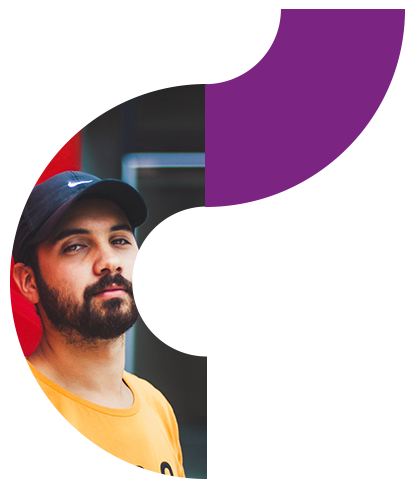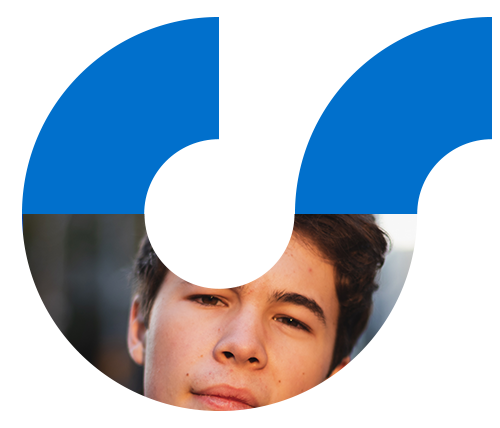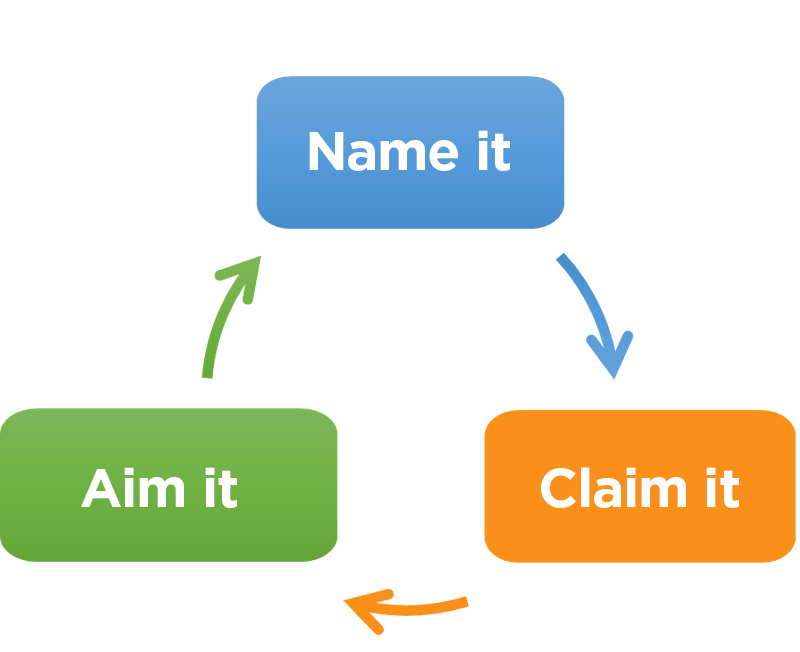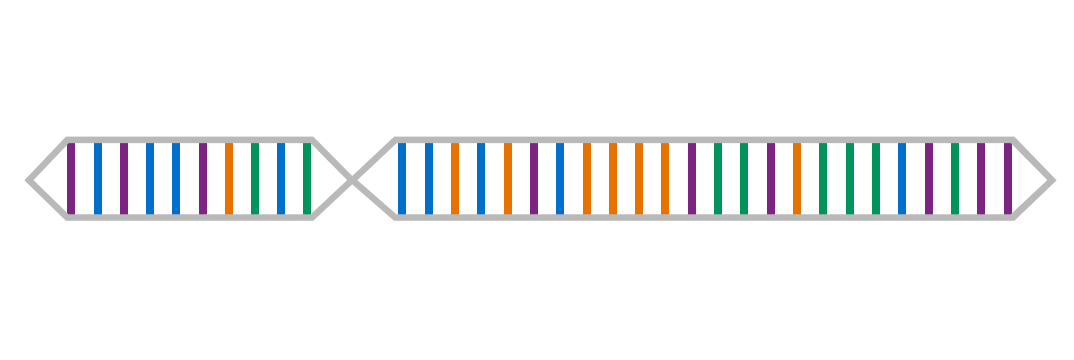use your talents
Introduction to the talents
Every person has their talents. None of the talents are good or bad, the talent is neutral. What matters is how we develop and use the talents in life and how we work with them.
Plasticine
Imagine handing out different shades of plasticine to a group of children. One child starts crying because he doesn´t like his plasticine and refuses to work with it. The second child hears someone say that his plasticine is ugly and useless, so he gets stuck and does nothing. The third child starts tearing up pieces of plasticine and throwing them at the other children. The next child takes his plasticine and squeezes it until it becomes soft and pliable. Then he begins to create his little masterpiece.
It is the same with talents. There are people who do not work with their talents because they do not identify with them. Others do not work with them because they may have experienced rejection or misunderstanding from other people precisely because of their talents. Some people misuse their talents; instead of using them to help themselves or others, they may harm others with them. And then there are people who embrace their talents, develop them and use them for the benefit not only of themselves, but of others as well.


CliftonStrengths®
A typical misstep in individual development is focusing on weaknesses. Investing energy in talent development has much bigger potential for growth and success. This conclusion results from 40 year of research by the father of strength-based psychology – Donald O. Clifton (1924-2003).
In 1988, Don Clifton became CEO of Gallup®, which helped companies to improve their business by focusing on the strengths of their employees. In 1999, he created an assessment questionnaire known today as CliftonStrengths®. He identified 34 themes that make up a person’s personality.
The assessment itself contains 200 questions, or pairs of statements, and the respondents should choose which one describes more precisely how they think, feel and naturally behave. They have 20 seconds for each question. It takes approximately 30-45 minutes to complete the assessment, but we recommend to take aside more time in order to set up your account and fill in the initial information. So far, the assessment has been translated into more than 20 languages, including Czech. You can purchase this assessment directly on the Gallup® website or you can use our services.
use your talents
Talent domains
The talents in our understanding are not skills or a kind of prowess or dexterity. Talent is how you naturally think, feel or behave. The talents sort into four domains.
Executing
„These themes answer the question “How do you make things happen?” They may help you turn ideas into reality.“ (gallup.com)
- Achiever®
- Responsibility®
- Restorative®
- Arranger®
- Consistency®
- Belief®
- Deliberative®
- Focus®
- Discipline®


Influencing
“These themes answer the question “How do you influence others?” They may help you take charge, speak up and make sure others are heard.” (gallup.com)
- Maximizer®
- Communication®
- Woo®
- Competition®
- Activator®
- Significance®
- Self-Assurance®
- Command®
Relationship building
“These themes answer the question “How do you build and nurture strong relationships?” They may help you hold a team together.” (gallup.com)
- Relator®
- Harmony®
- Empathy®
- Adaptability®
- Positivity®
- Developer®
- Individualization®
- Includer®
- Connectedness®


Strategic thinking
„These themes answer the question “How do you absorb, think about and analyze information and situations?” They may help you make better decisions and create better outcomes.“ (gallup.com)
- Learner®
- Strategic®
- Input®
- Ideation®
- Analytical®
- Futuristic®
- Intellection®
- Context®
use your talents
Talent development
Just because you have a certain talent doesn´t automatically mean that it is also your strength. The talent is your inner potential. If you want to turn it into strength, it´s important to develop it.
The talent development process looks like this ->

Signature, dominant, supportive and less natural talents
With CliftonStrengths® assessment you will find out your unique combination of all 34 themes. In this order we refer to the first five themes as Signature talents.
These talents influence how you react in different situations, how you work with others, how you build relationships, how you usually think and influence other people. They are sort of a filter for your worldview. The probability of someone having the same five Signature Themes in the same order as you is 1:33 millions. That´s how unique you are!
We analyse the overall talent profile with the order of 34 talents, but we focus on the first 5 talents most deeply. If you are interested, we can go through the top 7, top 10 or top 12 talents in more detail. Gallup® identifies the first 10 themes as dominant, themes from 11 to 29 as supportive and themes from 30 to 34 as less natural themes.

Strengthen what you have potential for
Our talent approach will lead you to invest the most in your dominant talents. This investment will have several times higher returns than investing into your less natural talents. The key is to develop your talents and manage your weaknesses.
‘You cannot be anything you want to be
– but you can be a whole lot more of who you already are.‘
Tom Rath

Results of using the talents
The use of talents in individuals leads to better knowledge of oneself, forgiveness of oneself and to self-acceptance. It causes an increase in self-confidence, energy and efficiency. It brings hope for the future and increases the likelihood of achieving one’s goals. Thanks to this, one experiences six times higher engagement, does six time more what he/she does best, and achieves three times more excellent quality of life.
For teams and organizations, it brings better self-knowledge of team members, ability to accept each other’s differences, improvement of communication and support of team spirit. All of this contributes to increasing the company’s competitiveness and building of the brand. The result for managers and companies is an increase in productivity by 8-18 percent, a 29-percent increase in profitability, decrease in employee turnover by 20-73 percent or a 10-percent improvement in company philanthropy.

